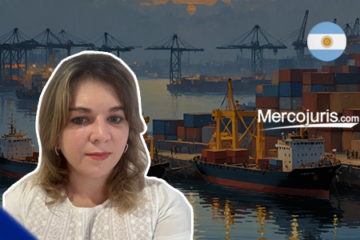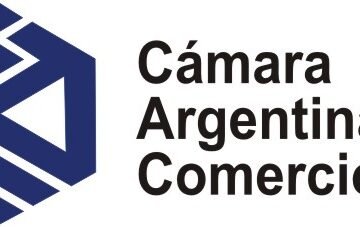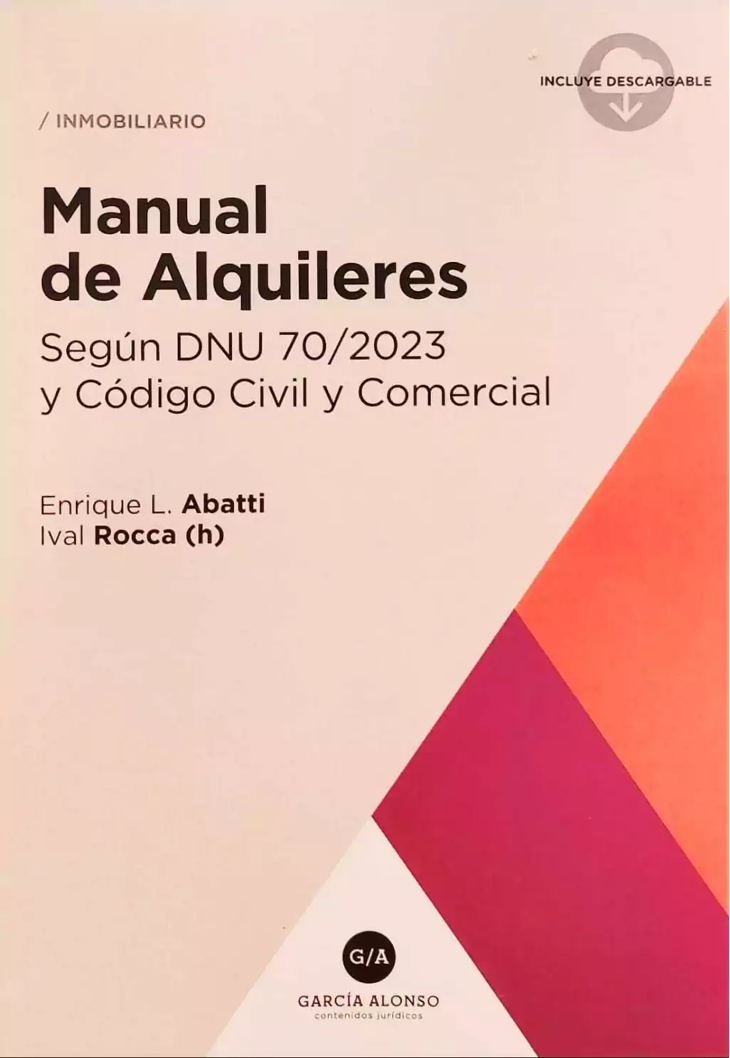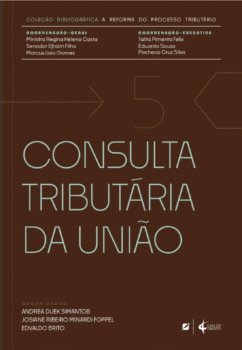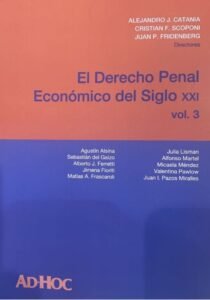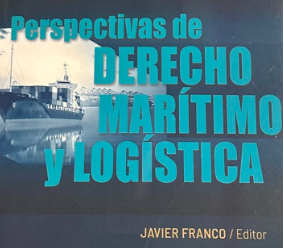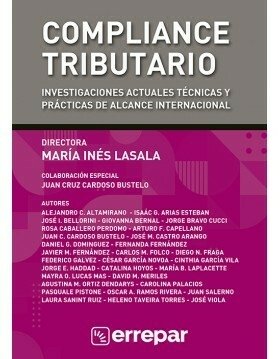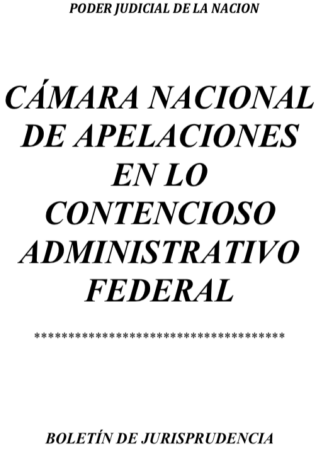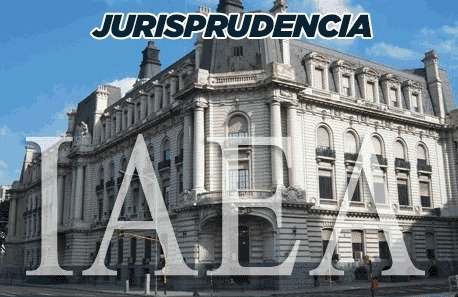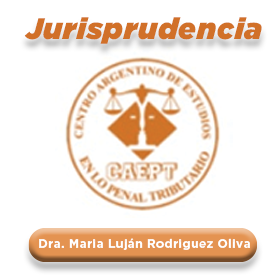Structuring cross for border sales of agricultural goods – Dr. Jonathan Brathwaite (desde Barbados)
Exporters (sellers) of agricultural goods in one country often find product importers (buyers) in a selling (supplying) country via brokers in a third country. These types of arrangements are often multi- jurisdictional.
The offshore sector as we knew it ended in 2018, there is a new era of transparency and compliance information exchange. Global automatic information exchange is a reality today. Banks and governments are exchanging vast amounts of information for money laundering investigation purposes. Financial institutions and their compliance departments are deploying data analytics, artificial intelligence and other tools. There is tremendous pressure being brought to bear on cross border transactions and those undertaking them.
Cross border, owner managers and the entrepreneurial class are impacted disproportionately. In the past, they used offshore entities and solutions and banks happily went along. That time is now over. The problems outlined below do not apply to large multinational corporations, they mainly apply to the entrepreneurial class doing cross border business.
The broker undertakes the role of finding the buyer and seller, obtaining and providing information to both sides to create a deal. In more complex international trade deals, this can extend to arranging contracts, pricing, payment terms and conditions. Many brokers therefore have a substantial interest in a deal going through. Any arrangement between parties facilitating a deal has to be able to be established quickly. There is also the possibility that there can be multiple brokers involved in some transactions that take place over extended time periods.
The Risk of Circumvention.
The problem of circumvention exists and is a barrier to trade. When it comes time for the seller to ship the goods and the buyer to pay, this is after contracts have been drafted and negotiated and terms agreed, the buyer then has to provide the seller with a letter of credit.
Depending on the circumstances, the broker may even at this stage, not have told the seller exactly who the buyer is and vice Versa, to prevent circumvention. The buyer could of course, if sophisticated enough, go directly to the seller once he finds out who it is. If the deal is a long term deal, the broker may be receiving his commissions over time as the buyer will be making multiple payments and receiving multiple shipments.
A broker who fulfils the role of the full time brokering of international sales will likely have a lot at stake financially. Therefore for the buyer to issue the seller with a letter of credit at this point, the broker could easily find himself and all his work and his right to get paid, lost. It is a tough business.
Challenges posed by the Banks.
Some brokers would ask the buyer, that the letter of credit also be in their company’s name or that the name of their broker company also be included as a party in the sale and purchase agreements. Increasingly, today banks will not permit this request. Compliance departments are becoming more analytical, their requirements have increased and many banks will not facilitate transactions where two parties who have no legal or economic relationship other than a contract, on the same letter of credit.
Even where the broker or seller has access to private banks. Private banks are reluctant to devise solutions for “smaller” private clients who are not related persons. Thus far we think “smaller” means clients worth less than US100M.
Potential solutions.
Potential solutions include the buyer and broker establishing a business trust with a trustee. The business trust can be capitalized. Both buyer and broker are protected as the trustee will see to the rights of each under the trust. The need for escrow is removed as the trustee is in control of the bank account. The business trust, can become party to the contracts and ultimately the letter of credit. The business trust is thus protecting the interests of both buyer and broker. The trustee will not circumvent any beneficiary as it has fiduciary obligations.
The business trust could be a foreign trust, if the Buyer or broker is a non US person. There are a range of tax reporting and compliance issues to be dealt with especially if the foreign trust is to last for more than a year. US tax law, can deem the US foreign trust that is a business trust, to be characterized and treated as a corporation for tax purposes.
By the time a business trust with trustee is established, significant compliance will have been completed. This will make the compliance position easier with banks. Banks tend to label closely held, owner managers SMEs doing cross border as high risk, so the transparency of the structure will reduce the likelihood of this happening.
The parties, should each select regulated or professional or highly transparent trustees of their choice. If the transaction is large and involving multiple years, the business trust can be customized to include protectors and the requirements for unanimous agreement in order to mitigate risk and resolve asymmetrical issues.
There are a range of options for planning and customizing cross border trade for establishing business trusts of this nature. The business trust in Barbados could be one, as a business trust could have access to the USA Barbados double tax treaty. The seller in particular who is a farmer or producer in an Latin American country, may not want to create a nexus onshore in the USA and create tax complications and obligations there. Distributions from trusts are tax deductible in Barbados and the business trust can obtain a tax number and file tax returns in Barbados just like anyone else. If the deal generates over US 2M in a year, an audit by one of the local professional accounting firms is required. Trusts in Barbados are subject to income tax and as mentioned above may be deemed to be US corporations by the IRS.
This approach generally is not new. Multinational corporations for decades have used purpose trusts in BVI and Cayman for cross border structured finance transactions, including syndicated financing, securitization, or mergers & acquisitions or joint ventures. These complex legal transactions involving multiple parties and very complex legal agreements pose the risk of generating complex litigation, hence why a tax neutral environment is ideal for this type of cross border work.
In international trade, given the new global transparency, and new requirements like economic substance, new mechanisms will be needed to facilitate international trade. The larger law firms and those with policy teams need to explain to ICIJ Et al that tax neutral jurisdictions in Barbados and the Caribbean have an important future role to play in global international trade.
Dr. Jonathan Brathwaite
Noviembre 2.021
Jonathan Brathwaite, LLM International tax,. SJD Taxation(2023), lawyer Barbados, Mithril Tax law.
Versión en español
Estructuración transfronteriza de ventas de productos agrícolas
Los exportadores (vendedores) de productos agrícolas en un país a menudo encuentran importadores (compradores) de productos en un país vendedor (proveedor) a través de intermediarios en un tercer país. Estos tipos de acuerdos suelen ser multijurisdiccionales.
El sector offshore como lo conocíamos terminó en 2018, hay una nueva era de intercambio de información de transparencia y cumplimiento. El intercambio de información automático global es una realidad hoy. Los bancos y los gobiernos están intercambiando grandes cantidades de información con fines de investigación de lavado de dinero. Las instituciones financieras y sus departamentos de cumplimiento están implementando análisis de datos, inteligencia artificial y otras herramientas. Se ejerce una tremenda presión sobre las transacciones transfronterizas y quienes las realizan.
Transfronterizos, propietarios, gerentes y la clase empresarial se ven afectados de manera desproporcionada. En el pasado, utilizaban entidades y soluciones extraterritoriales y los bancos aceptaban felizmente. Ese tiempo ya se acabó. Los problemas que se describen a continuación no se aplican a las grandes corporaciones multinacionales, se aplican principalmente a la clase empresarial que realiza negocios transfronterizos.
El corredor asume el papel de encontrar al comprador y al vendedor, obteniendo y proporcionando información a ambas partes para crear un trato. En acuerdos comerciales internacionales más complejos, esto puede extenderse a la organización de contratos, precios, términos y condiciones de pago. Por lo tanto, muchos corredores tienen un interés sustancial en que se lleve a cabo un trato. Cualquier acuerdo entre las partes que facilite un trato debe poder establecerse rápidamente. También existe la posibilidad de que haya varios corredores involucrados en algunas transacciones que tienen lugar durante períodos de tiempo prolongados.
El riesgo de elusión.
El problema de la elusión existe y es un obstáculo al comercio. Cuando llega el momento de que el vendedor envíe la mercancía y el comprador pague, esto es después de que se hayan redactado y negociado los contratos y se hayan acordado los términos, el comprador debe proporcionar al vendedor una carta de crédito.
Dependiendo de las circunstancias, es posible que el corredor, incluso en esta etapa, no le haya dicho al vendedor exactamente quién es el comprador y viceversa, para evitar la elusión. Por supuesto, el comprador podría, si es lo suficientemente sofisticado, dirigirse directamente al vendedor una vez que averigüe quién es. Si el trato es a largo plazo, es posible que el corredor reciba sus comisiones a lo largo del tiempo, ya que el comprador realizará múltiples pagos y recibirá múltiples envíos.
Un corredor que cumple la función de intermediario a tiempo completo de ventas internacionales probablemente tendrá mucho en juego financieramente. Por lo tanto, para que el comprador emita al vendedor una carta de crédito en este punto, el corredor podría fácilmente encontrarse a sí mismo y a perder todo su trabajo y su derecho a recibir el pago. Es un negocio difícil.
Desafíos que plantean los Bancos.
Algunos corredores le pedirían al comprador que la carta de crédito también esté a nombre de su empresa o que el nombre de su empresa de corretaje también se incluya como parte en los acuerdos de compra y venta. Cada vez más, los bancos de hoy no permiten esta solicitud. Los departamentos de cumplimiento se están volviendo más analíticos, sus requisitos se han incrementado y muchos bancos no facilitarán transacciones donde dos partes que no tienen ninguna relación legal o económica que no sea un contrato, en la misma carta de crédito.
Incluso cuando el corredor o vendedor tenga acceso a bancos privados. Los bancos privados son reacios a idear soluciones para clientes privados “más pequeños” que no son personas relacionadas. Hasta ahora, pensamos que “más pequeño” significa clientes que valen menos de US100M.
Soluciones potenciales.
Las posibles soluciones incluyen que el comprador y el corredor establezcan un fideicomiso comercial con un fideicomisario. La confianza empresarial se puede capitalizar. Tanto el comprador como el corredor están protegidos ya que el fiduciario velará por los derechos de cada uno bajo el fideicomiso. La necesidad de depósito en garantía se elimina ya que el fideicomisario tiene el control de la cuenta bancaria. El fideicomiso empresarial, puede convertirse en parte de los contratos y, en última instancia, de la carta de crédito. El fideicomiso comercial protege así los intereses tanto del comprador como del corredor. El fiduciario no eludirá a ningún beneficiario ya que tiene obligaciones fiduciarias.
El fideicomiso comercial podría ser un fideicomiso extranjero, si el Comprador o corredor no es una persona estadounidense. Hay una variedad de problemas de cumplimiento y declaración de impuestos que deben abordarse, especialmente si el fideicomiso extranjero va a durar más de un año. La legislación fiscal estadounidense puede considerar que el fideicomiso extranjero estadounidense que es un fideicomiso comercial debe caracterizarse y tratarse como una corporación a efectos fiscales.
Para cuando se establezca un fideicomiso comercial con un fiduciario, se habrá completado un cumplimiento significativo. Esto facilitará la posición de cumplimiento con los bancos. Los bancos tienden a etiquetar como de alto riesgo a las PYMES administradas por propietarios y controladas de cerca, que realizan operaciones transfronterizas, por lo que la transparencia de la estructura reducirá la probabilidad de que esto suceda.
Las partes deben seleccionar fideicomisarios regulados o profesionales o altamente transparentes de su elección. Si la transacción es grande y requiere varios años, el fideicomiso comercial se puede personalizar para incluir protectores y los requisitos para un acuerdo unánime con el fin de mitigar el riesgo y resolver problemas asimétricos.
Existe una gama de opciones para planificar y personalizar el comercio transfronterizo para establecer fideicomisos comerciales de esta naturaleza. El fideicomiso empresarial en Barbados podría ser uno, ya que un fideicomiso empresarial podría tener acceso al tratado de doble imposición de Barbados de EE. UU. El vendedor en particular, que es un agricultor o productor en un país latinoamericano, puede no querer crear un nexo en tierra en los EE. UU. Y crear complicaciones y obligaciones fiscales allí. Las distribuciones de fideicomisos son deducibles de impuestos en Barbados y el fideicomiso comercial puede obtener un número de identificación fiscal y presentar declaraciones de impuestos en Barbados como cualquier otra persona. Si el acuerdo genera más de 2 millones de dólares estadounidenses en un año, se requiere una auditoría por parte de una de las firmas contables profesionales locales. Los fideicomisos en Barbados están sujetos al impuesto sobre la renta y, como se mencionó anteriormente, el IRS puede considerar que son corporaciones estadounidenses.
Este enfoque generalmente no es nuevo. Las corporaciones multinacionales durante décadas han utilizado fideicomisos de propósito en BVI y Cayman para transacciones de financiamiento estructurado transfronterizo, incluyendo financiamiento sindicado, titulización o fusiones y adquisiciones o empresas conjuntas. Estas transacciones legales complejas que involucran a múltiples partes y acuerdos legales muy complejos presentan el riesgo de generar litigios complejos, por lo que un entorno fiscal neutral es ideal para este tipo de trabajo transfronterizo.
En el comercio internacional, dada la nueva transparencia global y los nuevos requisitos como la sustancia económica, se necesitarán nuevos mecanismos para facilitar el comercio internacional. Los bufetes de abogados más grandes y aquellos con equipos de políticas deben explicar a ICIJ ET al que las jurisdicciones impositivas neutrales en Barbados y el Caribe tienen un papel importante que desempeñar en el futuro en el comercio internacional global.
Dr. Jonathan Brathwaite
Noviembre 2.021
Jonathan Brathwaite, LLM International tax,. SJD Taxation(2023), lawyer Barbados, Mithril Tax law.


